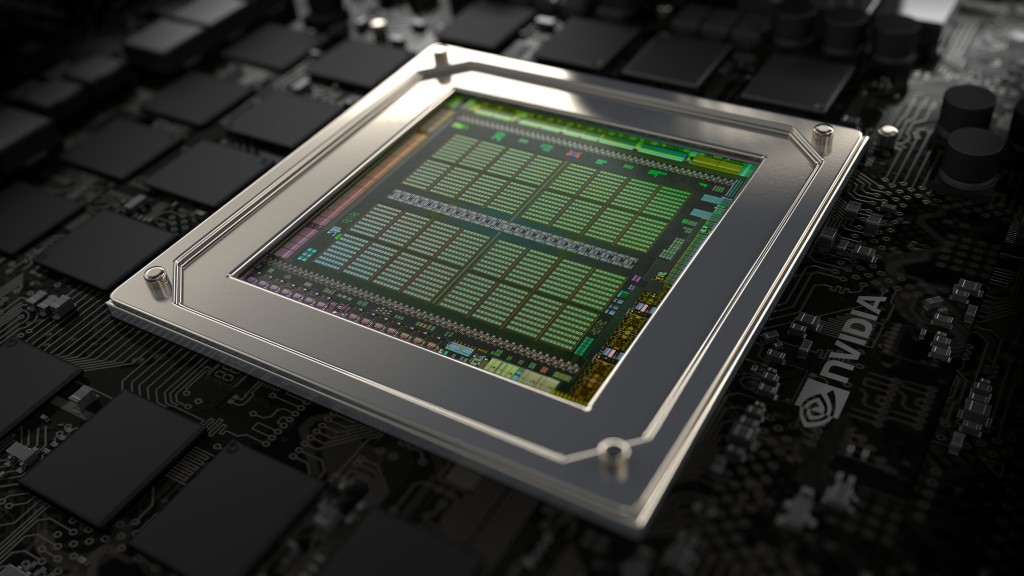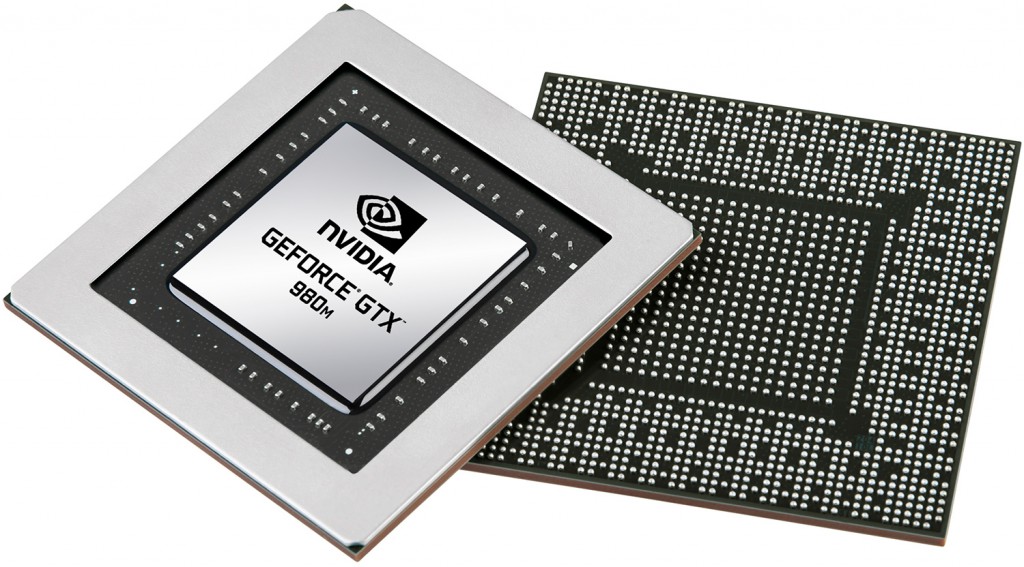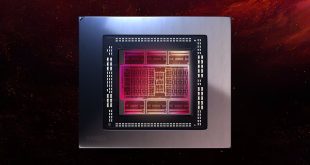Gaming notebooks have been gaining popularity for years and nowadays desktop replacement laptops feature performance that is similar to that of full-size PCs. But while makers of mobile PCs want them to have as few constraints as possible, it looks like Nvidia Corp. has just reintroduced one: from now on its latest GeForce GTX 900M-series will not support overclocking.
Modern DTR notebooks tend to integrate as many desktop-class features as possible. For example, MicroStar International’s GT80 Titan features two GeForce GTX 980M graphics processing units, up to four solid-state drives for extreme storage performance, massive amount of memory and even a keyboard with mechanical switches. Since the personal computer features three high-performance components that run at high temperatures (one central processing unit and two GPUs), it has a sophisticated cooling system with heat-pipes and blowers to ensure that everything runs stably. In fact, cooling systems inside gaming laptops have a lot of headroom when it comes to thermal performance, which allows to overclock components in certain scenarios. But, apparently, from now on Nvidia does not want to take this risk.
“Unfortunately GeForce notebooks were not designed to support overclocking,” said Manuel G, a member of Nvidia customer care team. “Overclocking is by no means a trivial feature, and depends on thoughtful design of thermal, electrical, and other considerations. By overclocking a notebook, a user risks serious damage to the system that could result in non-functional systems, reduced notebook life, or many other effects.”
It is not a secret that integration of virtually all mobile graphics processors is a result of collaboration between a GPU developer and a notebook maker. Specialists from two companies work together to find out the best combination of clock-rates, cooling system, BIOS settings and other things. As a result, running mobile GPUs at higher frequencies and exceeding thermals is clearly risky. Of course, there is still a headroom and it is possible to take the risk and overclock, at the discretion of the end-user. However, Nvidia decided to leave its customers without such an option and removed overclocking capabilities from its drivers.
“There was a bug introduced into our drivers which enabled some systems to overclock,” said Manuel G. “This was fixed in a recent update. Our intent was not to remove features from GeForce notebooks, but rather to safeguard systems from operating outside design limits.”
Given that sales of GeForce GTX 900M graphics processing units are higher than sales of all their predecessors, making sure that everything runs smooth is generally a wise decision. However, like with any constraints, this one clearly annoys the end-users, who called the action unacceptable.
Discuss on our Facebook page, HERE.
KitGuru Says: Nvidia’s decision to remove support of overclocking from notebook GPU drivers is clearly a strange one at first glance. The GM204 graphics processor powered by the “Maxwell” architecture runs cooler than its predecessors and therefore has better overclocking potential. Removing such feature could be either a pro-active measure to ensure that there are no problems with such chips in the long run since malfunctioning of a large batch of mobile GPUs poses huge financial risks to Nvidia and its partners. Alternatively, this could be some kind of a marketing trick.
 KitGuru KitGuru.net – Tech News | Hardware News | Hardware Reviews | IOS | Mobile | Gaming | Graphics Cards
KitGuru KitGuru.net – Tech News | Hardware News | Hardware Reviews | IOS | Mobile | Gaming | Graphics Cards





nVidia is so nice, they even boost sells on AMD Cards. And if you think everything has been said, they give us another reason to rely NOT on their products.
But seriously, get your crap done, 3,5GB, no OCs on mobile MAXWELL (?!), what comes next? Your new GPU won’t be supported and won’t work after one year?
Totally unacceptable decision by Nvidia! Time to boycott this greedy immoral company!
XD,And they will tell you “Unfortunately GeForce GPU/notebooks were not designed to work more than one year”,after you bought them for 364 days.
Yes,Im a gtx970 owner.
eerrrmmm yeeeaahhh sure nvidia, if we want to OC we can always go old shool: flashing bios, let me see them try blocking that
As soon as AMD release a competitive product in the laptop market again NVIDIA are toast. There will be no contest between them as overclocking will always allow AMD to gain victory in performance terms. Hurry up and actually release a worthy successor to the 7970M, please AMD! We need you!
Nvidia once more fucking up with paying costumers, what a big douchebag this company has become is the past years…
Don’t ask to much they may degrade material quality to fisicaly block you from overclocking, don’t forget that many overclock headroom comes from above than average component quality…
Please re-enable overclocking on GeForce equipped notebooks.
Sign the petition and help to stop this madness: http://chn.ge/1F34mfS
#WTFnvidia #clockblocked
I want to under-clock a labtop. I understand 2d modes but sometimes you can squeeze it lower.
yep, but unless they want to produce new generations with only a 10% performance gain then they are going to stick to the actual material quality, after all the lower end processor already are the lower quality material, if they want to keep selling they wont change the quality
Locking it down is a GOOD idea. Modern GPU’s are designed to push very close to their maximum, and even if you could overclock there’s a strong chance you’d get WORSE performance due to throttling not better. Or crashing, or extreme fan noise..
People seem to think NVidia’s doing this to force people to get a better GPU which is really not the case. They’re trying to ensure a quality product.